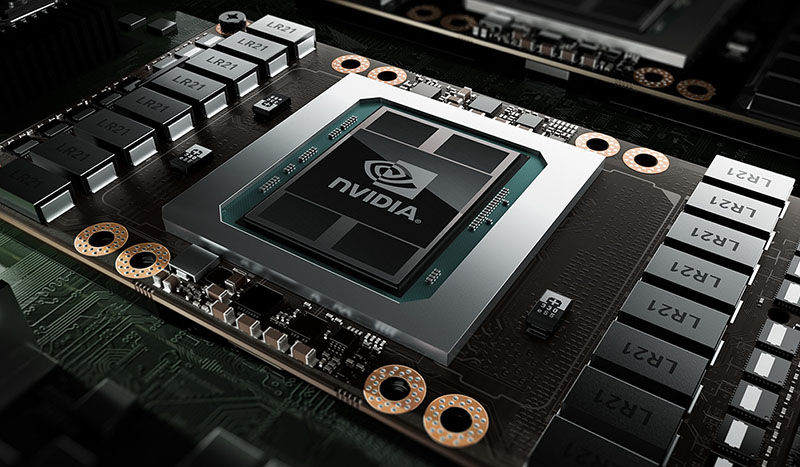Nvidia bans the use of translation layers on CUDA software
Nvidia are placing CUDA translation layers into their crosshairs
CUDA, Nvidia’s “Compute Unified Device Architecture” is commonly used as a programming interface for GPU-accelerated software. This has made Nvidia hugely successful within the enterprise market, workstation market, and supercomputing market. CUDA code locks developers into the Nvidia hardware ecosystem, and Nvidia are now making efforts to ensure that their competitors do not destroy their CUDA advantage.
Recently, Nvidia’s competitors have attempted to create CUDA translation software to allow CUDA apps to run on non-Nvidia hardware. A prime example of this is ZLUDA, a translation effort that both Intel and AMD contributed to.
Now, Nvidia has updated their End-User License Agreement (EULA) for CUDA to effectively ban these translation tools. This effort doesn’t just target translation tools from AMD and Intel, but also tools from Chinese semiconductor companies.
Longhorn, a software developer in Twitter/X, noted this addition to Nvidia’s new CUDA EULA. This wording was added in the online EULA for CUDA 11.5, and to the EULA of CUDA 11.6 software downloads.
You may not reverse engineer, decompile or disassemble any portion of the output generated using Software elements for the purpose of translating such output artifacts to target a non-NVIDIA platform.
A lot of programs today rely on CUDA code for GPU acceleration. Unless expensive development efforts are undertaken to add specific acceleration codepaths for rival products, users of CUDA software are effectively locked into Nvidia’s ecosystem. This is why translation layers are desirable for both consumers, and Nvidia’s rivals alike.
Nvidia wants to protect their walled garden, especially now that the HPC GPU market has become more competitive. As more software developers and users see the benefits of using non-Nv hardware, the importance of CUDA may diminish with time. Even so, CUDA support remains a huge selling point for Nvidia products, and limits the growth of Nvidia’s competitors within the GPU market.
You can join the discussion on Nvidia’s crackdown on CUDA translation layers on the OC3D Forums.





